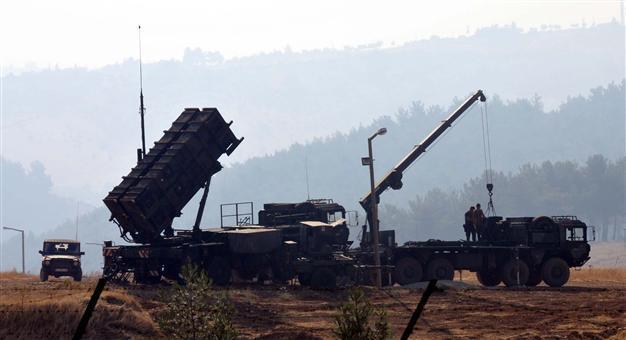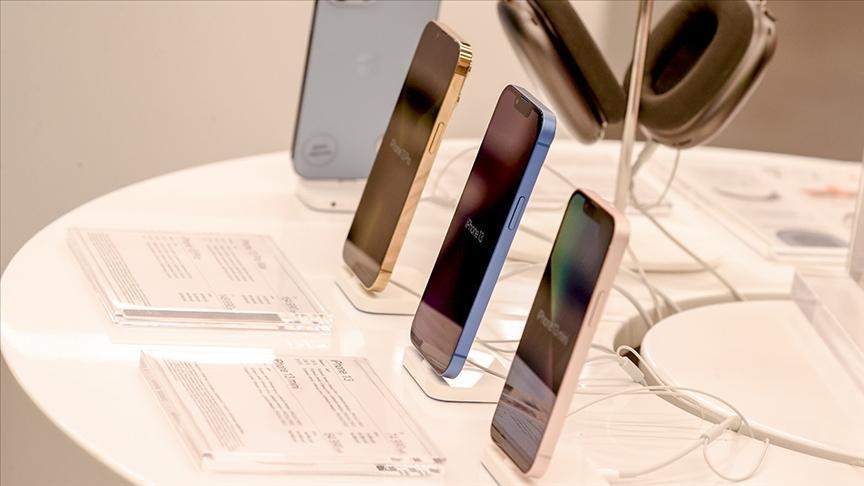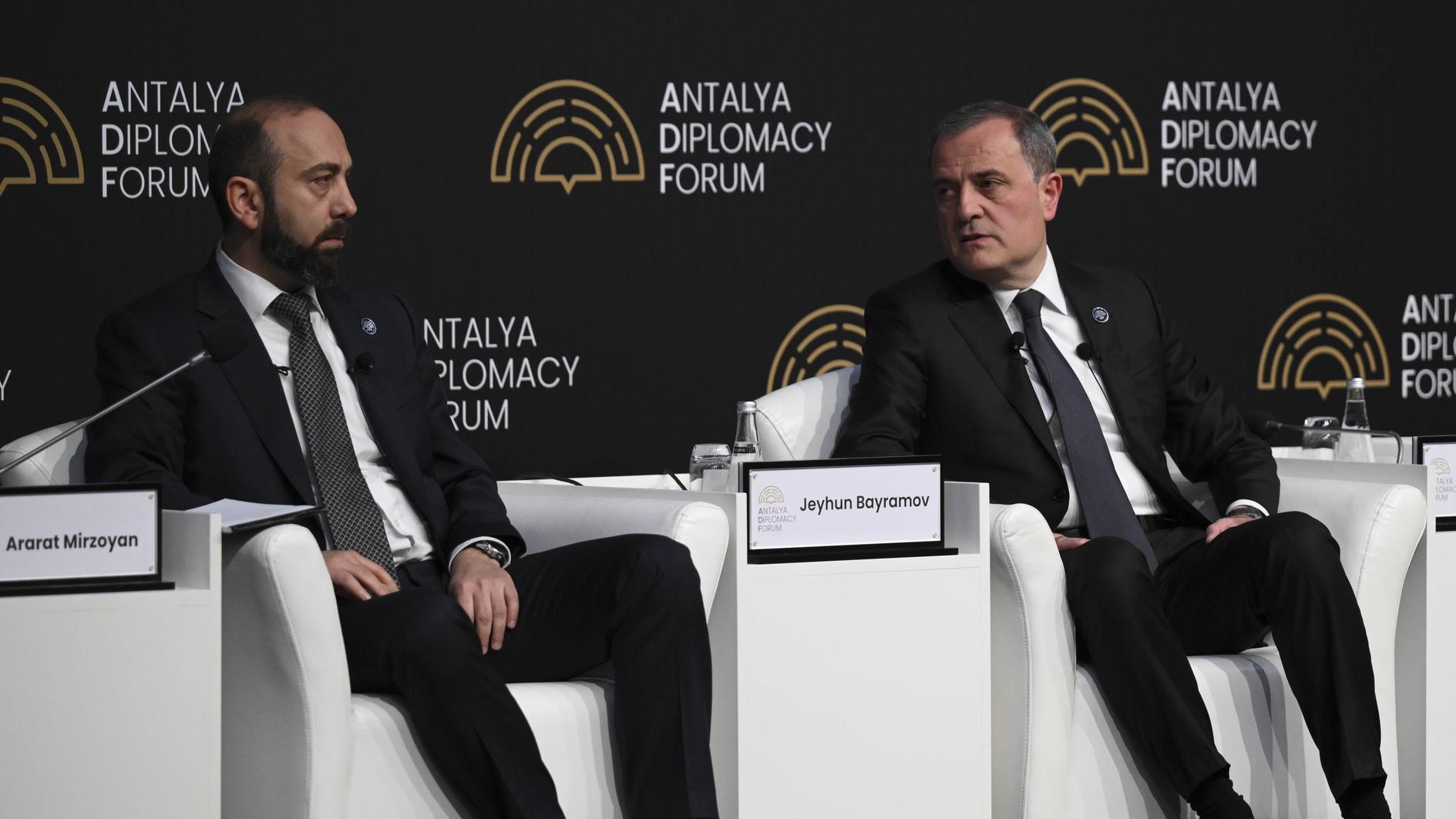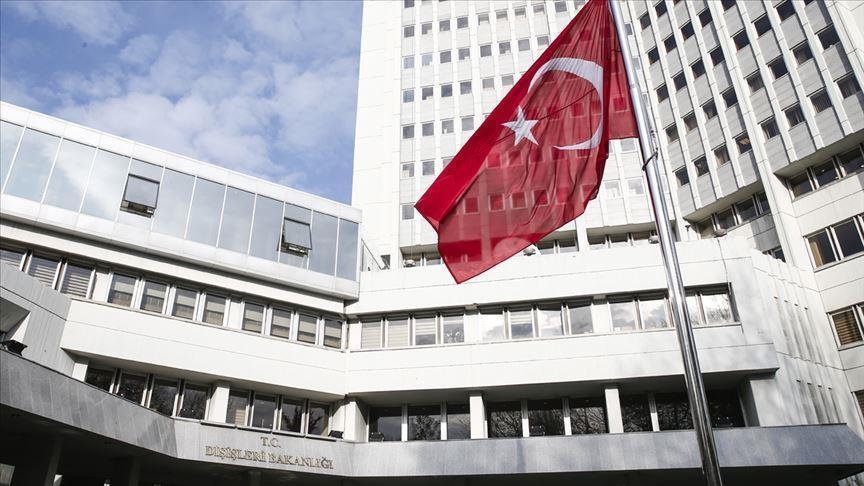Turkey defends choice of Chinese missiles
ANKARA - Agence France-Presse

The US Patriot air defense system, which is seen in the photo, is one of the systems competing for Turkey’s long-range anti-missile and air defense systems. DHA photo
Turkey on Wednesday defended its decision to acquire its first long-range anti-missile system from China, in spite of protests from its ally Washington."The Chinese gave us the best price," Defense Minister İsmet Yılmaz told Vatan newspaper, explaining that the system's Chinese manufacturer had agreed to a co-production deal with Turkey.
Foreign Ministry spokesman Levent Gümrükçü said talks were to begin with the Chinese company, but made it clear that the selection process was still ongoing. "The process has not yet been finalized," he said. In an official statement last week, Turkey said it has "decided to begin talks with the China Precision Machinery Export-Import Corp (CPMIEC) company of the People's Republic of China for the joint production of the systems and its missiles in Turkey".
The CPMIEC beat out competition from a US partnership of Raytheon and Lockheed Martin, Russia's Rosoboronexport, and the Italian-French consortium Eurosamrs in the tender, worth a reported $4 billion (3 million euro).
The United States has reacted with alarm to news that Ankara has chosen the Chinese firm, slapped with US sanctions for delivering arms to Iran and Syria, to build the air defence and anti-missile system.
"We had asked for joint production and a technology transfer," the Turkish minister said. "If other countries cannot guarantee us that, then we will turn to ones that can." NATO member Turkey is a key regional ally to the United States, and currently has US-built Patriot missile systems deployed on its border to deter incoming attacks from Syria.
Turkey wants to build its own long-range air defense and anti-missile architecture to counter both enemy aircraft and missiles.
NATO has also raised concerns over possible compatibility issues between the Chinese-made system and others used within the alliance.
Yılmaz dismissed its concerns, saying: "There is no problem on that front."
















